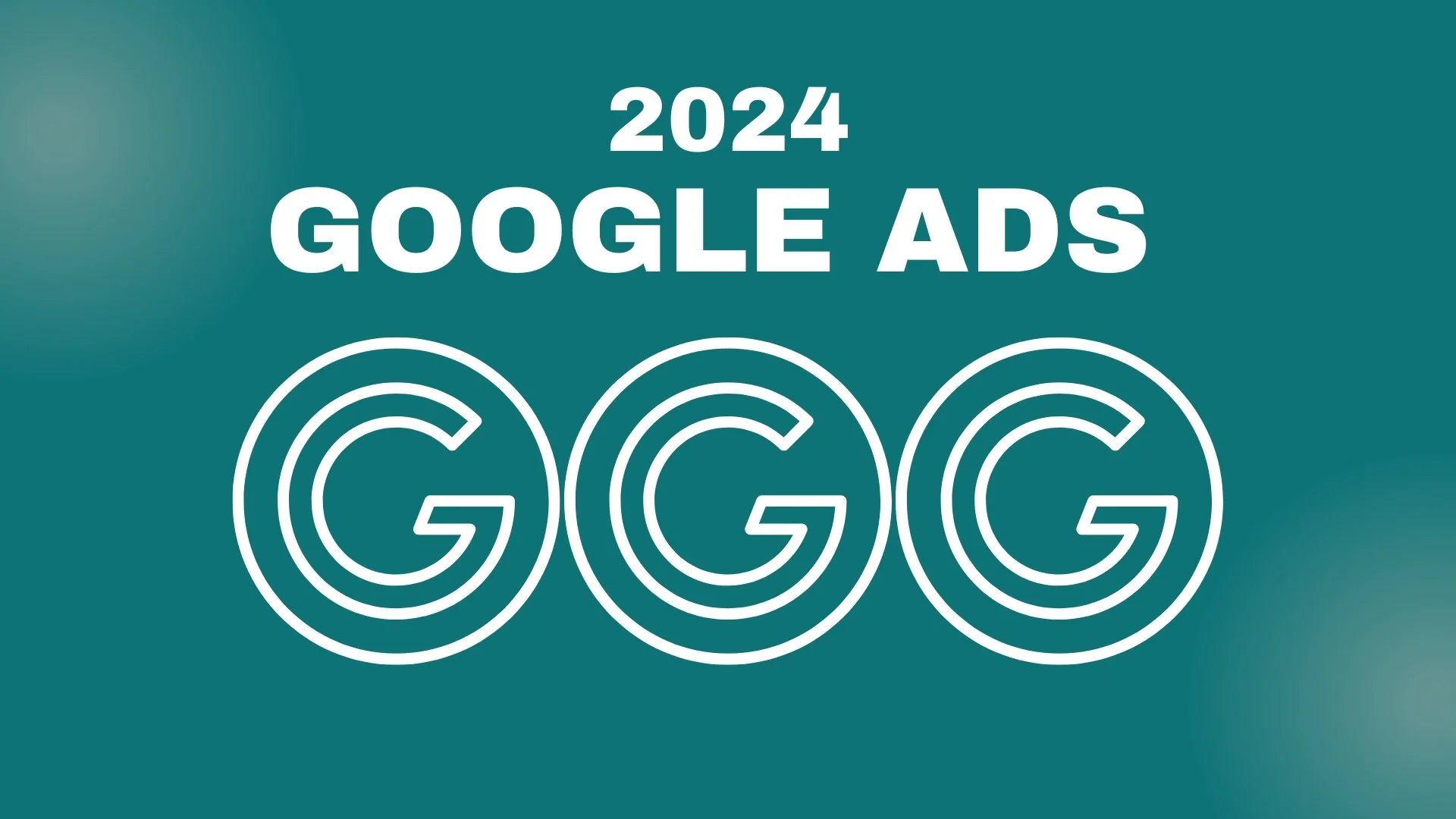Navigating the Digital Marketing Shift: Beyond Google Ads in 2024
EVERYTHING IN GOOGLE ADS IS CHANGING IN 2024-AND YOU NEED TO KNOW.
In the dynamic realm of digital marketing, Google Ads have transformed how churches connect with their communities. However, as we approach 2024, the once-reliable Google Ad Grants may no longer be the optimal solution. This article delves into the upcoming challenges and articulates why relying solely on Google Ad Grants might not be the most effective strategy for churches shortly.
The Evolving Dynamics of Google Ads
As the online landscape continues to evolve, so does the nature of online advertising. A significant shift impacting Google Ads is the anticipated phasing out of cookies by 2024. Cookies, integral for user targeting and monitoring, bid adieu, reshaping the strategies of advertisers, including churches, in the realm of online advertising.
Potential Setbacks of Google Ad Grants for Churches
While Google Ads have been a staple for businesses and nonprofits, the efficacy of Google Ad Grants for churches could diminish. The model that once provided nonprofits with up to $10,000 in ad credit monthly might lose its appeal without the granular tracking and targeting capabilities provided by cookies. Consequently, the advantages churches once enjoyed—free advertising, increased visibility, and precise targeting—may be at risk.
Exploring Smarter Approaches to Church's Google Ad Marketing Solutions
In light of these transformations, churches must expand and diversify their approaches to digital marketing. Solely relying on Google Ad Grants may not yield the same results. Consider these alternative options:
Leverage Social Media Advertising: Platforms like Facebook and Instagram can boost targeted ads and foster interaction.
Strengthen Online Presence through SEO and Content Marketing: Optimize content that resonates with your audience to enhance online visibility.
Craft Personalized Email Campaigns: Establish a connection with your community through effective email campaigns.
Final Thoughts and Further Reading
Adapting to the changing digital landscape is crucial for churches. While Google Ad Grants have been beneficial, it's essential to consider the evolving dynamics of Google Ads, explore different strategies, and stay informed about emerging trends in digital marketing. The environment is shifting, but with strategic adjustments, your church can continue to thrive online.
Want to learn more, take our free assessment and schedule a free 20-minute call to see if you qualify for $500 Google Ad Credit for your church or ministry.
Understanding Key Terms and Differences
Google Ads refer to the online advertising platform by Google where businesses and nonprofits create ads to reach their target audience through the Google search engine and other Google platforms.
A Google Ad Grant is a program by Google that provides eligible nonprofits, including churches, with up to $10,000 in monthly ad credits to promote their mission and activities through Google Ads.
How are Cookies Relevant to Google Ads?
Cookies are small pieces of data stored on users' browsers, crucial for tracking and targeting in online advertising. Google's phasing out of cookies in 2024 impacts ad tracking and user targeting.
Why Might Google Ad Grants Face Challenges in 2024?
The potential challenges for Google Ad Grants in 2024 stem from the loss of cookies, affecting the tracking and targeting capabilities that were once integral to the program's success.
How Can Churches Adapt to the Changes in Digital Marketing?
Churches can adapt by exploring alternative strategies, such as Social Media Advertising on platforms like Facebook and Instagram, strengthening online presence through SEO and Content Marketing, and crafting effective Email Campaigns.
What's the Importance of Online Visibility for Churches?
Online Visibility is crucial for churches to connect with their communities. It involves strategies like optimizing content, using targeted ads, and fostering engagement through various online platforms.
How Can Churches Diversify Their Digital Marketing Approaches?
Churches can diversify by not solely relying on Google Ad Grants. They can explore alternatives like social media advertising, content optimization, and personalized email campaigns for a more comprehensive approach.
Is It Necessary to Keep Abreast of Emerging Trends in Digital Marketing?
Yes, staying informed about Emerging Trends in Digital Marketing is vital for churches. It ensures they can adapt to changes, explore new opportunities, and maintain effective communication with their audience.
Can Churches Continue to Thrive Online Amidst the Changes?
Yes, by making strategic adjustments and exploring intelligent alternatives, churches can Thrive Online even in the face of evolving digital marketing dynamics.



